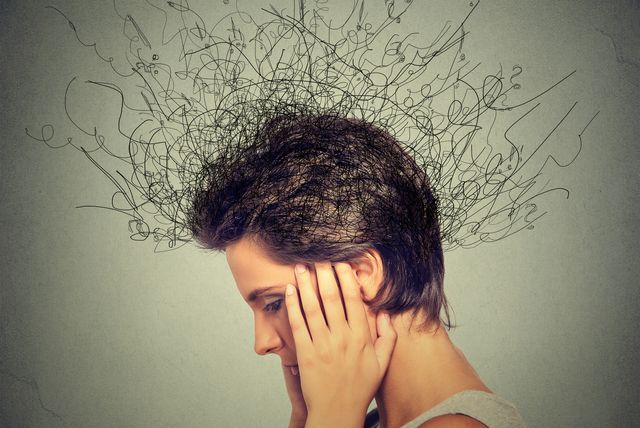Attention Deficit Hyperactivity Disorder (ADHD) is a neurodevelopmental disorder characterized by difficulties with attention, hyperactivity, and impulsivity. While conventional treatments like medication and behavioral therapy are commonly used, exploring alternative therapies for ADHD has gained significant attention in recent years.
Introduction to ADHD
ADHD affects both children and adults, impacting their daily functioning and quality of life. Conventional treatment methods primarily include medication and behavioral interventions, but these approaches may not work for everyone. This article delves into alternative therapies that can complement or sometimes replace traditional methods.
Conventional ADHD Treatment Methods
Before delving into alternative therapies, it’s essential to understand the conventional approaches used for managing ADHD. These include stimulant medications like Adderall or Ritalin and behavioral therapy, focusing on strategies to improve attention, impulse control, and organizational skills.
Limitations of Conventional Treatment
While conventional treatments can be effective, they may have limitations such as side effects from medications or the need for ongoing therapy sessions. This has led many individuals to explore alternative options that offer a more holistic approach to managing ADHD symptoms.
Understanding Alternative Therapies
- Dietary Modifications: Certain diets, like the Mediterranean diet or those high in omega-3 fatty acids, have shown promise in reducing ADHD symptoms.
- Behavioral Therapy: Techniques like cognitive-behavioral therapy (CBT) can help individuals develop coping strategies and improve self-control.
- Mindfulness and Meditation: Practices that promote mindfulness and relaxation, such as yoga or meditation, can enhance attention and reduce impulsivity.
- Herbal Supplements: Natural remedies like ginkgo biloba or omega-3 supplements are believed to support cognitive function and mood regulation.
Effectiveness of Alternative Therapies
While research on alternative therapies is ongoing, some studies suggest that these approaches can be beneficial, especially when combined with conventional treatments. However, individual responses may vary, and consulting a healthcare professional is crucial.
Combining Conventional and Alternative Approaches
An integrated approach that combines the best of conventional and alternative therapies can offer a comprehensive ADHD treatment plan tailored to individual needs.
Holistic Approaches to ADHD
- Exercise and Physical Activity: Regular exercise can improve focus, mood, and overall well-being.
- Yoga and Tai Chi: These practices promote relaxation, body awareness, and mental clarity.
- Acupuncture and Acupressure: Traditional Chinese medicine techniques may help with ADHD symptoms by balancing energy flow.
- Biofeedback Therapy: This technique teaches self-regulation skills by providing real-time feedback on physiological processes.
ADHD-Friendly Lifestyle Changes
In addition to specific therapies, adopting ADHD-friendly lifestyle changes can make a significant difference:
- Limiting Screen Time: Minimizing exposure to screens, especially before bedtime, can improve sleep quality.
- Creating Structured Routines: Consistent routines and schedules can help individuals with ADHD manage their time more effectively.
- Ensuring Quality Sleep: Sufficient and restful sleep is crucial for cognitive function and emotional regulation.
- Encouraging Creative Outlets: Engaging in creative activities like art, music, or writing can be therapeutic and enjoyable.
Community Support and ADHD
Support groups, online forums, and educational resources play a vital role in providing information, sharing experiences, and fostering a sense of community among individuals with ADHD and their families.
Research and Evidence-based Practices
As research in alternative therapies for ADHD continues to evolve, evidence-based practices are essential for guiding treatment decisions. It’s crucial to stay informed about the latest findings and consult qualified healthcare providers.
Challenges and Considerations
While alternative therapies offer promise, challenges such as accessibility, affordability, and varying quality of evidence need to be addressed. Individual preferences and needs should also be considered when exploring treatment options.
Future Prospects and Innovations
Advancements in technology, personalized medicine, and integrative approaches hold promise for enhancing ADHD management and improving outcomes for individuals living with the condition.
Conclusion
Exploring alternative therapies for ADHD provides a holistic approach to managing symptoms, addressing individual needs, and promoting overall well-being. By combining conventional treatments with complementary approaches and making lifestyle changes, individuals with ADHD can optimize their treatment outcomes and lead fulfilling lives.

